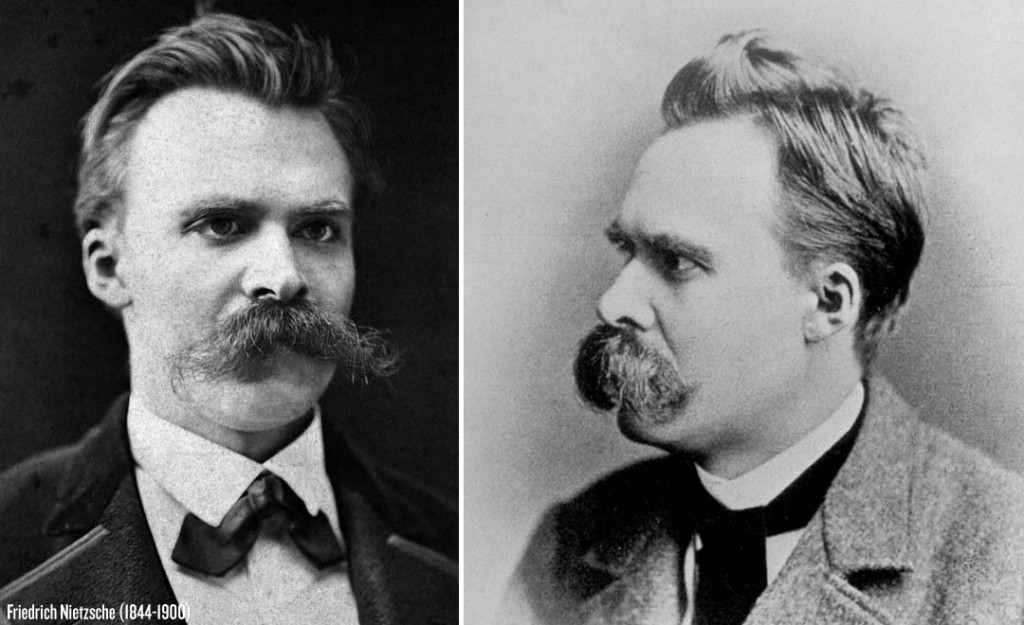In his 1888 book Twilight Of The Idols, philosopher Friedrich Nietzsche (1844-1900) builds one of history’s most powerful arguments extolling the importance of living authentically — by any means necessary.
In Nietzsche’s view, the vast number of people in our world don’t have the faintest clue of who they are, much less who they should be. Near the end of the book, Nietzsche asks a series of questions of conscience which includes: “Are you genuine? or only an actor? A representative, or that itself which is represented? Finally, you are no more than an imitation of an actor.” The end goal of such a question is for us to diagnose how much of the lives we are living is a manifestation of our true selves, and how much is a manifestation of the influence of institutions and artificial chains that surround us in society and our daily lives. When we cease to engage in this kind of introspection, we are doing severe damage not only to ourselves, but to society at large. The “commonality and banality of life lived within an unquestioned system devalues people.”
When we free ourselves from these “socially-constructed binary systems” that suppress us, we can finally begin the process of a personal revolution and rebirth, where our feelings, desires, personal expression, and behaviour are coming from a place of true authenticity. Anything less than this will lead to despair. “The most spiritual human beings, assuming they are the most courageous, also by experience by far the most painful tragedies,” Nietzsche writes. “But it is precisely for this reason they honor life, because it brings against them its most formidable weapons.” For Nietzsche anything authentic is preferable to the stagnant, banality of life that modern humans have constructed for themselves.
In an issue of Philosophy Now, Roger Caldwell writes: “First and foremost, like Spinoza before him, Nietzsche is a naturalist and a determinist. Human beings are not privileged over other animals — rather, like them, we are part of ‘a causal web that comprises the whole universe.'” Nietzsche fiercely opposed the “two-fold reality” model developed by Plato which considered the physical world to be inferior to the “non-physical” spiritual world. This model, which later became the basis of the philosophical systems of Descartes, Kant, and other Idealist thinkers, assumed that there is something deficient and corrupting in the world of the body and the senses.
The world that surrounds us, Nietzsche argues, when coupled with our own senses, curiosity, intelligence, dignity, and wonder, is all we need to ignite the lives we truly deserve to live — rather than the lives we are told we should live. It is only when we free ourselves from the vices of societal and institutional limitations that we can discover and unlock our true selves, opening up new potential realities. Perhaps Nietzsche summed it up best in his 1882 book The Gay Science (The Joyful Wisdom) when he wrote: “The secret of the greatest fruitfulness and the greatest enjoyment of existence is: to live dangerously!”
SEE ALSO: Philosopher Alan Watts On The Question “What If Money Didn’t Matter?”
SEE ALSO: Amelia Earhart, & Thomas Edison On Why You Must Quit Your Shitty Job
SEE ALSO: Bishop Explains How Christians Must “Grow Up” And Realize God Is Infinitely More Vast Than Religion


